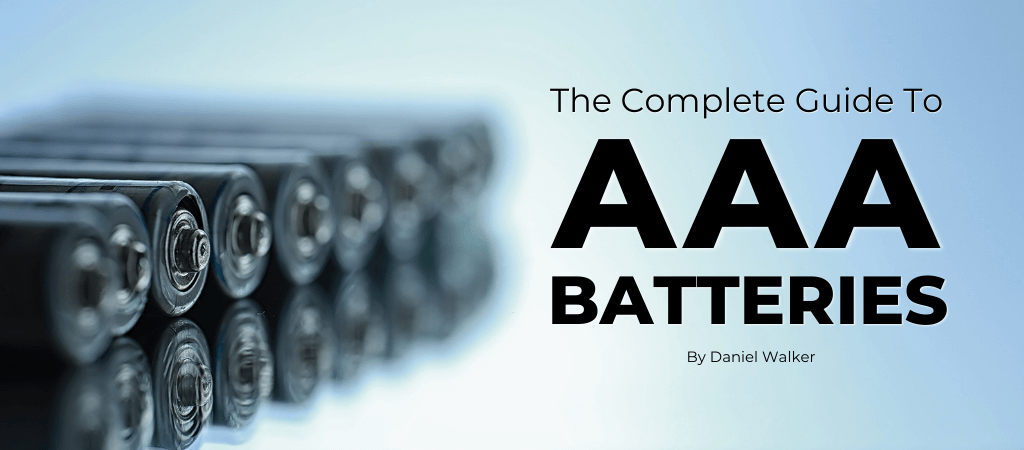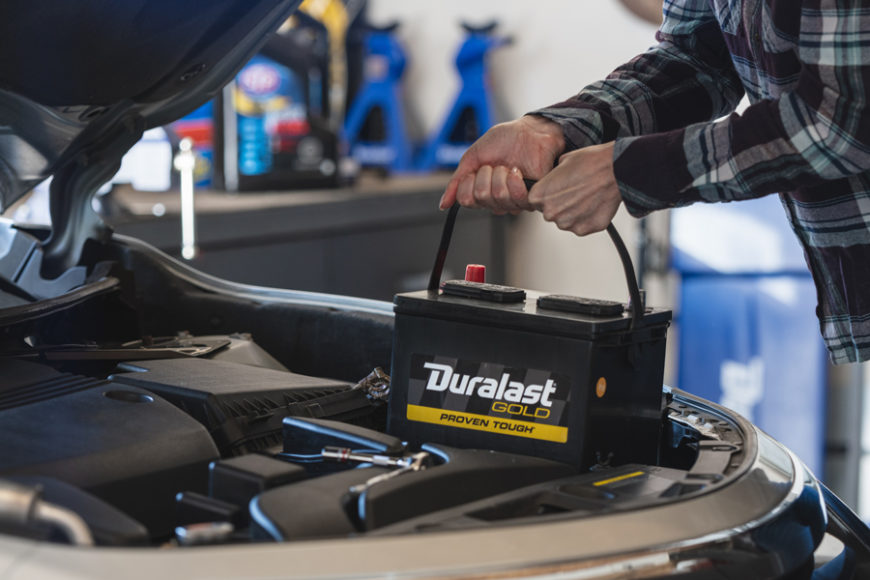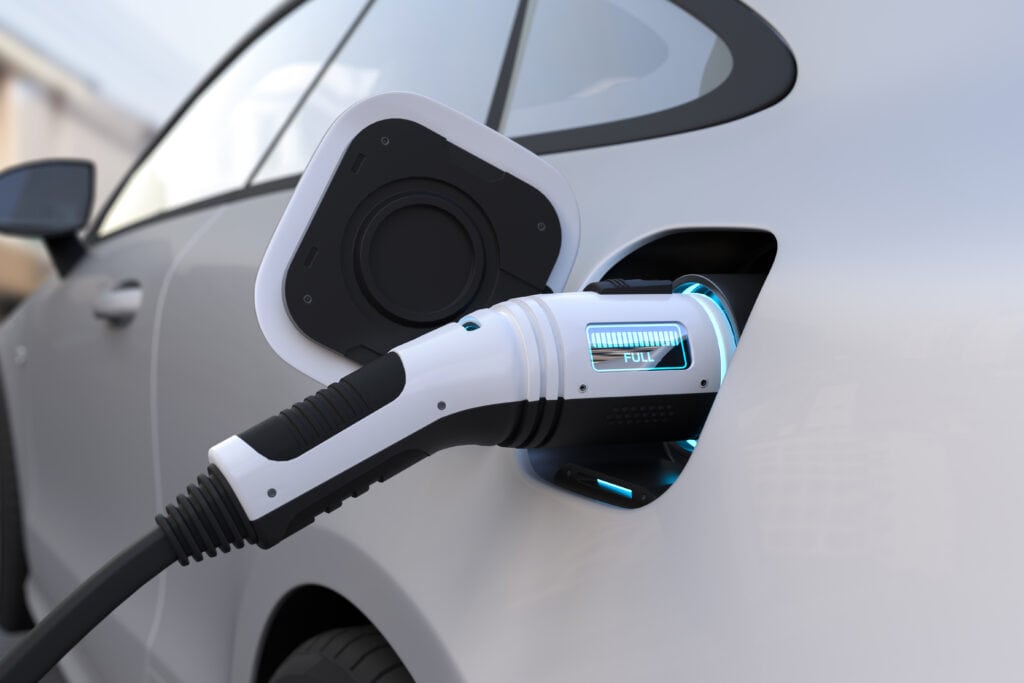To dispose of a car battery, take it to a local battery retailer or recycling center. Proper disposal is important to prevent environmental damage.
Each year, millions of car batteries are discarded, posing a significant environmental threat due to the toxic chemicals they contain. Therefore, it is crucial to dispose of them responsibly. One of the most convenient and environmentally friendly options is to take your used car battery to a local battery retailer or recycling center.
These facilities are equipped to handle the safe disposal and recycling of car batteries, ensuring that any harmful substances are properly managed. By doing so, you can help protect the environment and contribute to a more sustainable future.
1. The Importance Of Proper Car Battery Disposal
Proper car battery disposal is of utmost importance not only for our environment but also for legal compliance and health and safety reasons. Car batteries, also known as lead-acid batteries, contain hazardous substances that pose significant risks to our ecosystems and human health if not disposed of correctly. In this section, we will delve into the environmental impact of improper disposal, legal requirements surrounding car battery disposal, and the health and safety concerns associated with mishandling these batteries.
1.1 Understanding The Environmental Impact
The improper disposal of car batteries can have severe environmental consequences. Car batteries contain lead, sulfuric acid, and other toxic chemicals that can leak into the ground and water sources if not handled and disposed of properly. When these hazardous substances seep into the soil and water, they can contaminate groundwater, leading to ecosystem damage and potential harm to plants, aquatic life, and animals that rely on these resources for survival. It is crucial to understand the potential environmental impact to motivate us to take appropriate disposal measures.
1.2 Legal Requirements For Disposing Of Car Batteries
Disposing of car batteries must comply with specific legal requirements to prevent pollution and protect public health. Many countries and jurisdictions have implemented regulations regarding the disposal of hazardous waste, including car batteries. These laws often outline the proper methods and facilities that should handle the recycling or disposal of these batteries. It is essential to familiarize yourself with your local regulations to ensure compliance and contribute to a safer and cleaner environment.
1.3 Health And Safety Concerns
Mishandling car batteries can pose significant health and safety risks for individuals involved in disposal activities and the general public. The toxic materials found in car batteries, especially lead and sulfuric acid, can cause severe health issues if exposed to humans. Direct contact with these substances can lead to skin burns, respiratory problems, and long-term internal organ damage. Moreover, the mishandling of batteries can result in leakages, fires, or explosions, putting individuals and surrounding communities in danger. Proper disposal practices help minimize these risks and ensure the well-being of both people and the environment.

Credit: batteryspecialists.com.au
2. Steps To Prepare For Car Battery Disposal
When it comes to disposing of a car battery, it is crucial to follow the proper steps to ensure safety and environmental responsibility. By taking the necessary precautions, you can ensure that the battery is disconnected, cleaned, inspected, and disposed of using an appropriate method. In this section, we will guide you through the essential steps for preparing your car battery for disposal.
2.1 Disconnecting The Battery
Before you begin the disposal process, it is vital to disconnect the battery from your vehicle. This will prevent any potential accidents or electrical issues from occurring during the disposal process. Follow these steps to safely disconnect your car battery:
- Park your vehicle in a well-ventilated area, away from any flammable materials.
- Put on appropriate safety gear, such as gloves and safety glasses, to protect yourself from chemicals and battery acid.
- Locate the battery within your vehicle. It is typically located under the hood.
- Identify the battery’s negative terminal, which is usually marked with a minus (-) symbol.
- Using a wrench or socket, loosen and remove the nut or bolt that secures the negative cable to the battery terminal.
- Gently lift the negative cable away from the battery and secure it in a position where it cannot come into contact with the battery terminal during the rest of the process.
- Repeat the same steps for the positive terminal, which is usually marked with a plus (+) symbol.
- Once both terminals are disconnected, carefully lift the car battery out of the vehicle and place it on a stable and non-conductive surface.
2.2 Cleaning And Inspecting The Battery
Now that the battery is disconnected, it is essential to clean and inspect it before disposal. This step ensures that any residue or dirt is removed and allows you to identify any signs of damage or leakage. Follow these steps to clean and inspect your car battery:
- Prepare a mixture of water and baking soda in a clean container. The ratio should be one tablespoon of baking soda for every cup of water.
- Dip a clean cloth or brush into the mixture and carefully clean the surface of the battery, including the terminals and surrounding areas. Ensure that no liquid enters the battery cells.
- Rinse the battery with clean water and pat it dry with a clean cloth or paper towel.
- Inspect the battery for any signs of damage, leakage, or corrosion. Look for cracks, bulges, or any abnormalities that may indicate a faulty battery.
- Dispose of any clothes or materials used for cleaning in a safe and appropriate manner.
2.3 Identifying A Suitable Disposal Method
Once the battery is disconnected, cleaned, and inspected, it is crucial to dispose of it using an appropriate method. Car batteries contain hazardous materials, including lead and acid, which require special handling. Consider the following options for battery disposal:
| Method | Description |
|---|---|
| Return to Retailer | Many retailers that sell car batteries will accept old batteries for recycling. Check with your local retailer to see if they have a battery recycling program in place. |
| Auto Repair Shops | Auto repair shops often accept old car batteries for disposal. Contact local auto repair shops to inquire about their battery disposal policies. |
| Municipal Hazardous Waste Facilities | Some municipalities have designated hazardous waste facilities that accept car batteries. Check with your local municipality for information on their disposal programs. |
| Recycling Centers | You can also search for recycling centers in your area that accept car batteries. These centers specialize in recycling and safely disposing of various materials. |
Remember that improperly disposing of a car battery can have serious environmental and health consequences. By following these steps, you can ensure that your car battery is prepared for disposal in a responsible and safe manner.
3. Safe And Proper Methods For Car Battery Disposal
When it’s time to dispose of your car battery, it’s crucial to do so in a safe and environmentally responsible manner. Improper disposal can lead to harmful chemicals leaking into the soil and water, causing serious damage to the ecosystem. In this section, we’ll explore three effective methods for car battery disposal – recycling at a local recycling center, donating to an auto parts retailer, and returning it to the manufacturer or retailer.
3.1 Recycling At A Local Recycling Center
Recycling your car battery is one of the best ways to ensure its safe disposal. Recycling centers have the necessary facilities and expertise to handle batteries and extract value from their components. Here’s a step-by-step guide for recycling your car battery:
- Start by removing the battery from your vehicle. Ensure you wear protective gloves and eyewear while handling it.
- Place the battery in a sturdy, leak-proof container to prevent any leakage during transportation.
- Research and locate a local recycling center that accepts car batteries. Many cities and towns have designated drop-off points for hazardous waste, including batteries.
- Contact the recycling center to confirm their drop-off hours and any specific requirements they may have for battery disposal.
- Transport the battery to the recycling center and follow their instructions for drop-off. They may provide designated containers or areas for battery disposal.
- Remember to avoid stacking or piling batteries on top of each other, as this can lead to accidental short-circuits.
By recycling your car battery, you not only protect the environment but also contribute to the conservation of valuable resources.
3.2 Donating To An Auto Parts Retailer
If your car battery is still in good working condition, another option to consider is donating it to an auto parts retailer. Many retailers have programs where they accept used batteries and refurbish or recycle them for sale as reconditioned units. Here’s how you can donate your car battery:
- Inspect your battery to ensure it is functioning properly and does not have any visible damage.
- Research local auto parts retailers and contact them to inquire about their battery donation programs.
- If they accept donations, ask about any specific requirements they may have, such as age limits or battery condition.
- Visit the retailer during their operating hours, and inform the staff that you would like to donate your car battery.
- Follow any instructions provided by the retailer for battery handover, such as packaging it securely or filling out donation forms.
Your donated battery can help others in need and reduce the demand for new batteries, leading to a more sustainable automotive industry.
3.3 Returning To The Manufacturer Or Retailer
Some car battery manufacturers and retailers have take-back programs that allow customers to return used batteries to the point of purchase. This ensures proper disposal and potentially facilitates recycling or refurbishing. Here’s how you can return your car battery:
- Contact the manufacturer or retailer from whom you initially purchased the battery.
- Inquire about their battery return program and any specific requirements they may have.
- If they accept returns, follow their instructions for packaging and shipping the battery back to them.
- Keep any tracking numbers or shipping receipts for reference.
Returning your battery to the manufacturer or retailer ensures that it is handled according to their established disposal processes, minimizing the risk of environmental damage.

Credit: www.autozone.com

Credit: exclusivelyhybrid.com
Conclusion
Properly disposing of your car battery is crucial for the environment and your safety. By following the right steps, you can minimize harm to the ecosystem and prevent any personal injury. Remember to always check your local regulations and opt for professional assistance when necessary.
With responsible disposal, you are contributing to a cleaner and healthier future for everyone.

